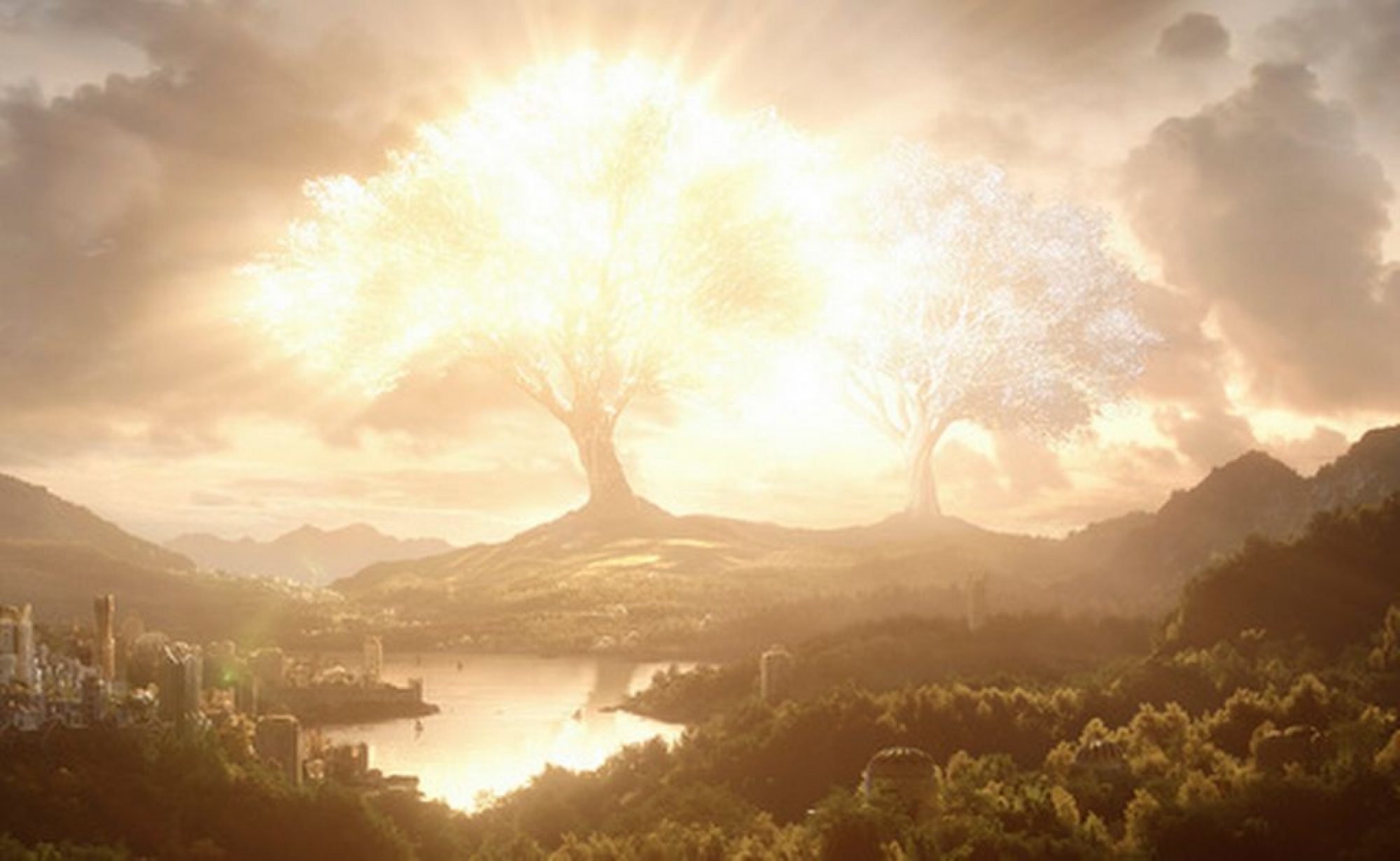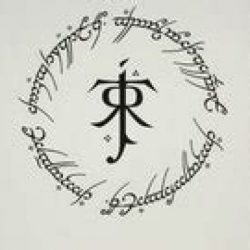The sixth episode of Rings of Power has merely made us wait even longer for the resolution to what I have come to call The Parting (from the lore). However, it has given us a very fun episode, and much more information as to Adar’s identity.
This time we really only have two stories this episode, and they are quite connected now. Arondir and Bronwyn made a plan to defeat the orcs at Ostirith, and slay the survivors at the village. We see Arondir pull some Legolas-style, physics-defying moves, and we see the splendour of Numenor finally come to the Southlands, or as it has come to be in many minds, Beforedor.
Udûn, the episode’s title, was a bit exciting. Udûn is Sindarin for hell, and means a) Morgoth’s dwelling beneath Utumno, or a region of Mordor. I was hoping we would get a bit more about Finrod, who died a terrible death in the depths of Udûn, but the episode seems to focus on the region of Mordor.
As most of it was the Southlands story, I really cannot compare it to the lore very much, as almost the whole thing is made up. But I wish to address the conversation between Galadriel and Adar. My Sindarin is quite limited, but I don’t believe the term ‘Moriondor’ and the translation ‘Sons of the Dark’ fit together. ‘Mor’ is dark, or darkness, yes, and ‘ion’ is son, but ‘dor’ is land, or region, such as Gondor, Land of Stone, Numenor, Land of the West, or even Mordor, the Dark Land. I may be wrong, but Moriondor seems to translate to ‘Land of the Dark Sons’, ‘Land of the Sons of the Dark’, or ‘Sons of the Dark Land’.
But this whole conversation, for Galadriel’s part, is completely canon. As for Adar, he is either lying, gravely mistaken, or the show has gone completely haywire. Obviously he didn’t kill Sauron, and he shouldn’t believe it; no mortal can kill a Maia, unless he has taken an incarnate form, (like Melian and the Istari), and Sauron had not taken his final form yet at this point.
Adar’s character is fleshed out to care for his army, which seems to me as Amazon is trying to ruin the ‘All Orcs are monsters’ idea. This is worrisome, as all orcs are monsters. Aragorn killed every last one of them at the end of LotR, and that was a fair thing. Like killing Sauron and Morgoth was fair, the orcs are all monsters, made to serve evil. So this is worrisome.
Finally, we get to see Orodruin become to volcano we all know it to be. I believe this eruption will cause one of the lines from the Wandering Days song to come true: ‘Past eyes of pale fire, black sand for my bed…” The black sand could very well refer to signs of volcanic activity. But I don’t think the hobbits (sorry, Harfoots!) will be sleeping anywhere near Orodruin for a while yet.
This episode was quite fun, but did not do anything for my fears for the rest of the show. I think I’ve warmed up to Arondir and Bronwyn. I mainly feared them because I thought they would take the Tauriel and Kili route, but I now see they’ve chosen to follow the Aegnor and Andreth route, another romance from the First Age that didn’t end well. Overall this episode gets 8?10, and puts the series count at a 5/10. But we shall see how the mithril problem is solved.

